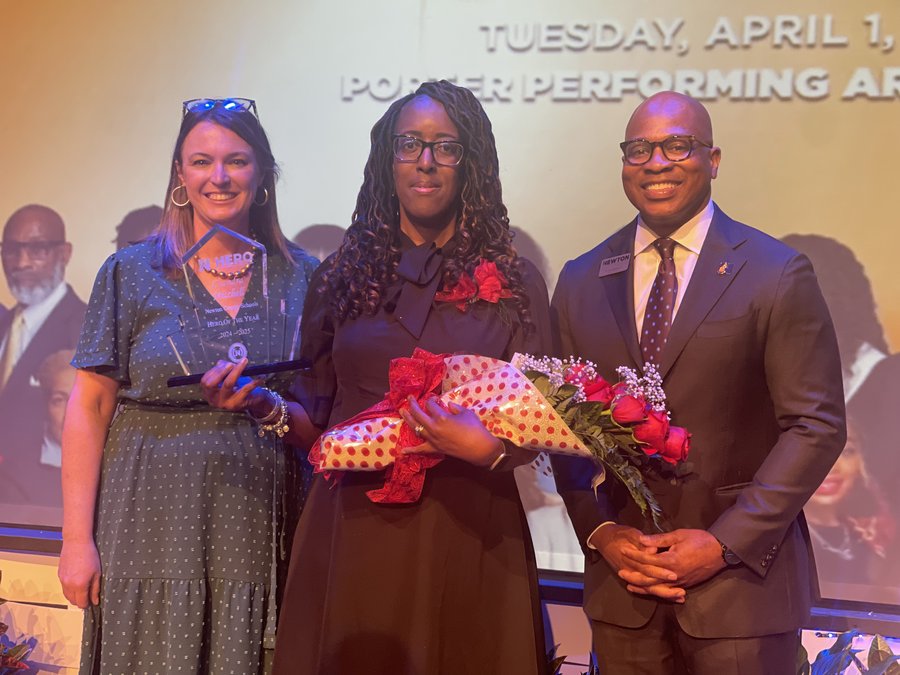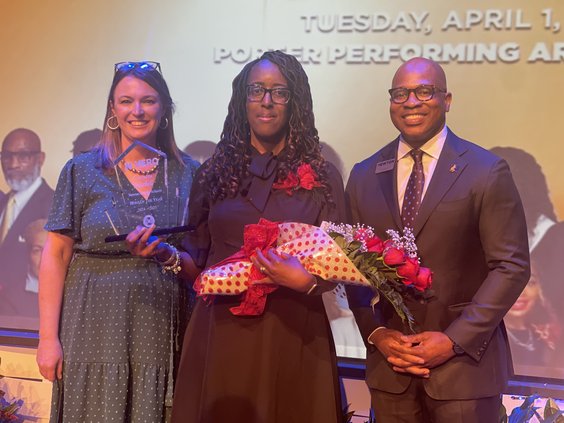The Newton County Board of Education remains largely silent following what Georgia law indicates was clearly an illegal executive session held March 20, that violated not only state code but several of the board's policies as well. According to co-chair and District 1 representative Jeff Meadors, what started as a legitimate executive session prior to the monthly board meeting quickly turned wayward when Chairman and District 2 representative Eddie Johnson reportedly asked Superintendent Gary Mathews to leave and BOE attorney Kent Campbell to come into the room. Meadors said none of the board
BOE remains mum on illegal meeting
Latest









